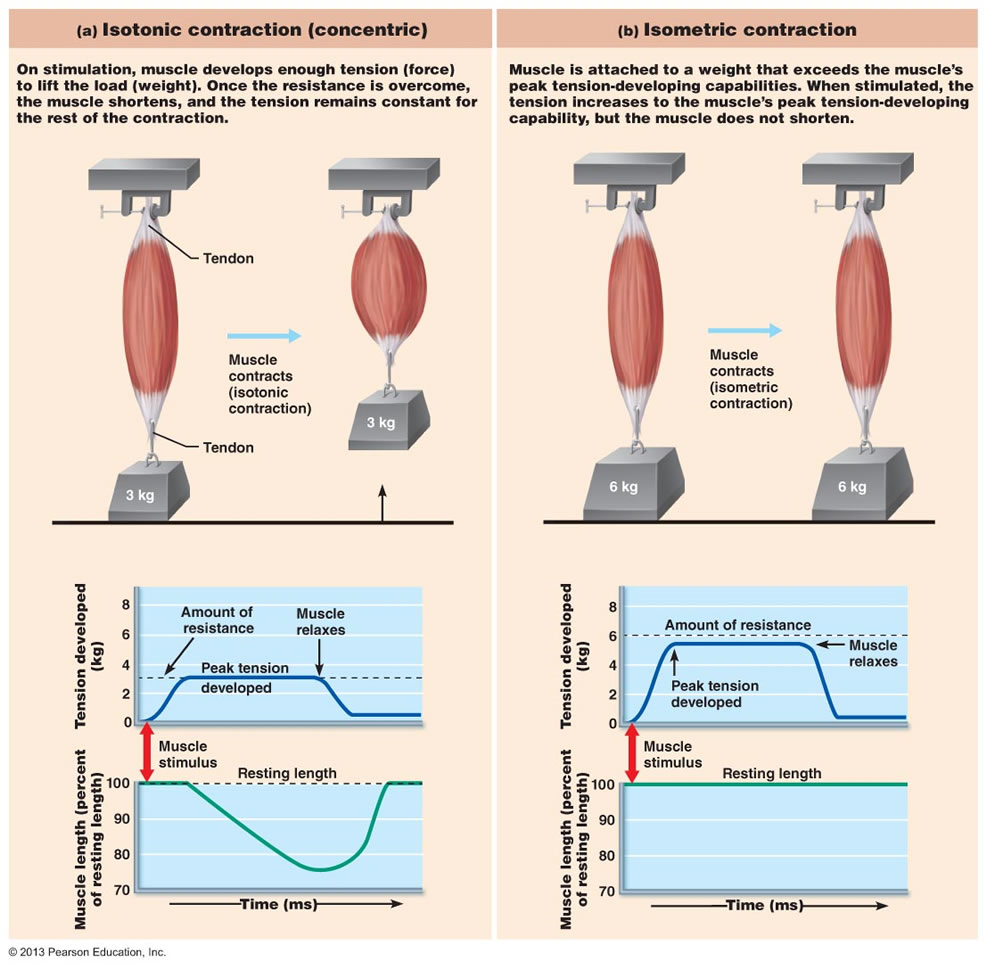Yes, sarcomeres do contract during isometric contraction, they just don't change the overall length of the muscle. This is due to the tension being transferred to elastic filaments within the muscle that maintain the same muscle length but increase the muscle tension. Thus, this is how sarcomeres can contract while the muscle does not have an overall change in length. (See this link for a paper discussing these elastic elements within the muscle itself; also, this is discussed at this wikipedia link as well).
In an isometric contraction the sarcomere is increasing the tension in the muscle, but without an overall change in length. (Isometric Contraction = No change in length, but INCREASE in tension)
Once a muscle overcomes the tension needed to lift a weight/load, then the tension ceases to increase but the sarcomeres begin to shorten which moves/lifts the load. When the length of the sarcomeres change and the tension remains the same, that is called isotonic contraction. (Isotonic Contraction = No change in tension, but DECREASE in length)
The picture below is from a website discussing these muscle physiology principles and is freely available on the web.

